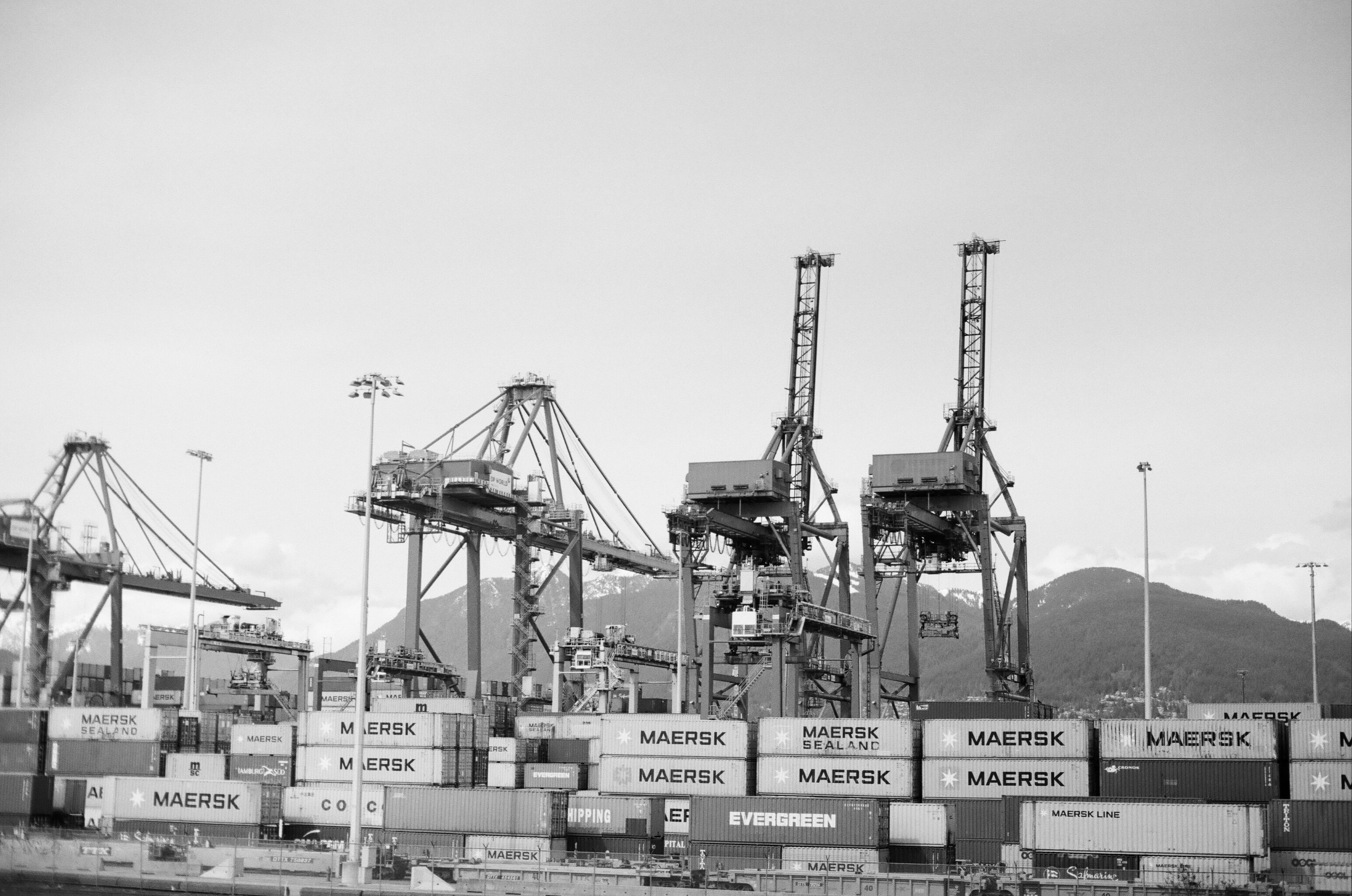
On December 11, 2023, the Departments of Homeland Security, State, Justice, Commerce and Treasury issued a compliance note on Know Your Cargo: Reinforcing BestPractices to Ensure the Safe and Compliant Transport of Goods in Maritime andOther Forms of Transportation for the maritime and logistics sectors. It is important to note that the Quint Seal Compliance Note is directed at a wider range of entities within international supply chains; “vessel owners, charterers, exporters, managers, brokers, shipping companies, freight forwarders, commodities traders, and financial institutions…” and emphasizes enhanced compliance obligations for those businesses.
The Know Your Cargo notice provides red flag indicators of illicit trade behavior and summaries of several enforcement actions – criminal and civil – for violations of U.S. sanctions and export controls. Companies operating in those sectors, including freight forwarders and brokers, are urged to implement robust compliance programs to identify high-risk transactions.
The Business Intelligence for Trade Enforcement (BITE) team recommends companies operating in these areas – U.S. or foreign – quickly adopt automated risk-management solutions to mitigate exposure to export control and sanction statutes. BITE AI Platform provides an efficient, automated risk-management tool with the widest range of trade risk indicators without expensive investments in trade compliance personnel or other costly resources.
The U.S. has historically maintained the strongest strategic trade controls (STC) globally. More recently, compliance obligations within the international supply chain have grown more intense, particularly as geo-political events increase the scope and complexity of sanctions and export controls.
These violations may be handled as criminal and/or civil infractions with multiple U.S. agencies exercising overlapping jurisdiction.Civil violations of the Export Control Reform Act and its implementing regulations found in the Export Administration Regulations impose strict liability standards on violators meaning they may be fined for violations even if they are unwitting. Penalties may be applied against the exporter and all other parties to the trade transactions (i.e. freight forwarders and brokers). U.S.export and sanctions statutes apply extra-territorially to these violations whether the commodity, technology or business are in the U.S. or foreign.
Given the greater interest of U.S.enforcement and licensing agencies on export controls and sanctions, it is logical that the five U.S. agencies would turn their focus toward the international transportation sector, particularly the critical freight forwarder and customs brokerage businesses highlighted in the Know Your Cargo notice. This is particularly urgent in the case of diversion of dual use items such as common high priority items Russia needs to sustain its brutal attack onUkraine which are often transshipped through countries with more lax or non-existent STC regimes. A recent multi-national review of Russia’s procurement efforts for electronic components to maintain their military systems determined more stringent controls were needed.
In light of global concerns for Russia’s ongoing procurement of high priority items, The BITE team performed an analysis of high priority battlefield items moving to Russia within our Trade Analytics module AI. BITE contains over 1 billion trade transactions from nearly 20countries. The BITE Platform also provides a state-of-the-art risk management tool that automatically cross references trade transactions across global watchlists and commodity lists, including high-priority battlefield items. The following information was revealed:
Clearly Russia has been receiving the bulk of its battlefield electronic components from China, a situation which likely will not change. Yet as the supply chain for these items originates in the U.S. and other responsible foreign trading partners, fundamental due diligence can be undertaken to prevent these diversions.
The five-agency compliance notice to freight forwarders and brokers is noteworthy as those types of businesses receive and report information provided by importers of records and/or exporters and typically have not been the focus of enforcement actions. The five-agency notice provides a clear message to those businesses and the logistics sector at large that they share compliance responsibilities with the exporters (principal parties in interest) and importers of record and enforcement agencies will be reviewing their actions. The penalties for export controls and sanctions violations can be severe.
So now all parties within the supply chain, not just manufacturers, importers and exporters but also freight forwarders and brokers should be performing automated risk management for its supply chain, particularly for these high priority items.

In this article we provide further insight into our analysis of ROSOBORONEKSPORT’, a Russia’s only state-controlled intermediary in

In this month's edition, Nu Borders analyzed Russian import and export trade manifest data...

In this month's edition, NU Borders analyzed Russian Import and Export trade manifest data utilizing the Harmonized Tariff Schedule to identify...
